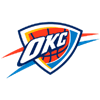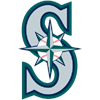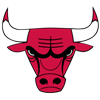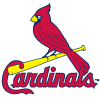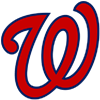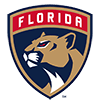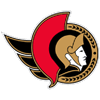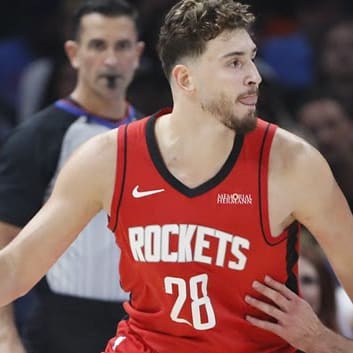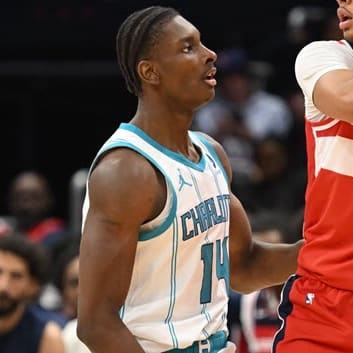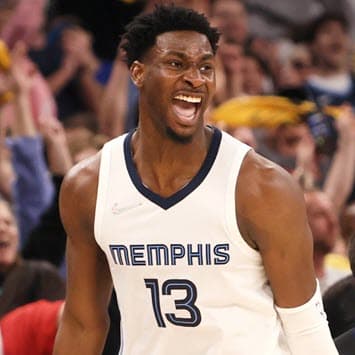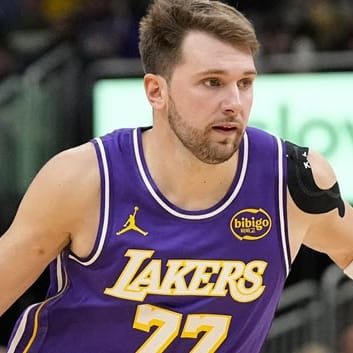Thursday afternoon's trade deadline is a key inflection point in the 2020-21 NBA season. A number of key names could be on the move as contenders look to stock up, but the excitement of the deadline has been dampened a bit -- at least for Lakers and Hornets fans -- by a pair of recent injuries.
With LaMelo Ball likely done for the season and LeBron James expected to miss close to a month, the Rookie of the Year and Most Valuable Player futures markets have been turned upside down. While James was far from a lock to take home his fifth MVP, he was the betting favorite before the injury. Meanwhile, Ball was the runaway favorite to take home Rookie of the Year, creating significant separation from the rest of the pack over the last month. Neither player is completely out of the race, but it will now be an uphill battle for James, while Ball's case will rest entirely on his impressive, 41-game sample.
Let's take a look at how those two races are shaping up and highlight a few other NBA futures to keep an eye on.
All odds via the DraftKings Sportsbook
Rookie of the Year
Following Ball's injury, Anthony Edwards took over as the betting favorite. He's currently listed at -167 at the DraftKings Sportsbook. Ball's odds fell dramatically, but he's still second at +150, while Tyrese Haliburton sits at +400 with Immanuel Quickley at +2000.
The fact that Ball still has such low odds is indicative of two things: 1. There's a belief that he could still return before the end of the regular season; 2. He was such a heavy favorite before the injury that, even if he does miss the rest of the year, he could still win the award having played in 41 of 72 games.
Right now, it's tough to gauge Ball's chances to return. He'll be evaluated again in roughly four weeks, meaning the best-case scenario is that he'd be cleared to return around the end of April. If that were to be the case, Ball could conceivably tack on another 10-to-15 games, which would probably be more than enough to propel him to the Rookie of the Year award.
But even if Ball doesn't come back, he'll still have an outside chance to win it. Even in a condensed season, 41 games isn't very many -- roughly 57 percent of the season -- but it's not that far off from Brandon Roy capturing the award in 2006-07 with only 57 games played (69 percent of an 82-game season).
The difference is that Roy was perhaps even more of a consensus favorite that season. With averages of 16.8 points, 4.4 rebounds, 4.0 assists and 1.2 steals, he still captured all but one first-place vote (it went to Andrea Bargnani), despite missing 25 games. Ball is clearly the best rookie in the 2020 class, but the gap between him and Edwards/Haliburton isn't as massive as it was between Roy and Bargnani.
The other obvious example is 2016-17, when second-rounder Malcolm Brogdon won the award over Dario Saric and Joel Embiid. Embiid was far and away the most impressive of the three, but he played in only 31 of 82 games. He garnered 23 first-place votes but ultimately finished third, as the vast majority of voters simply couldn't cast a ballot for a guy who was healthy for just 38 percent of his team's games.
In the end, Ball will likely fall somewhere in the middle of the Roy and Embiid scenarios, which is why it's such a tricky situation to evaluate. Ten more games played would probably be enough to clinch the award, while even five fewer games might tilt things in the other direction. Playing 41 games in a shortened season is about as close to the borderline as it gets.
If you're talking yourself into the pro-Ball argument, it's worth considering that there's not another obvious contender having a monster rookie year -- a Ja Morant to Ball's Zion Williamson. Edwards has been fantastic of late and Haliburton has been steadily very good, but both players have some major work to do over the next two months if they hope to lock up the award themselves.
Haliburton's stock has been boosted by a recent move into the starting five, and there's a good chance he'll remain there for the remainder of the season -- especially if the Kings deal Harrison Barnes or the injured Marvin Bagley at the deadline.
Meanwhile, Edwards' stock may have hit its highest point when he went for 42 points against the Suns last Thursday, capping off a nine-game run in which he posted 26.4 points, 5.8 rebounds, 2.3 assists, 1.8 steals and 3.0 made threes per contest. Edwards has struggled in two games since, and his usage rate could take a significant hit when Malik Beasley and D'Angelo Russell return to the fold in the coming weeks.
Ultimately, choosing between Haliburton and Edwards could prove extremely difficult for voters who stray away from Ball due to the games-played argument. Edwards' highs have been higher, but Haliburton has been much more consistent and will appeal to the analytics crowd. There's a real possibility that no true consensus emerges. In that scenario, there could still be enough support for Ball that he wins the award anyway, with Edwards and Haliburton essentially working against each other to split the non-Ball vote.
Most Valuable Player
With James going down, the race for the MVP is now officially as wide-open as it's been in over a decade. James spent the most time atop the odds of any player this season, but he's fallen to +600, while Joel Embiid sits at +500, behind new leader Nikola Jokic (-110).
Statistically, Jokic is having as great a season as anyone, so it makes sense to install him as the heavy favorite. His team has somewhat underperformed, but that's no fault of his own. More importantly, Jokic is yet to miss a game -- that's his key advantage over James and Embiid, in particular.
Value-wise, there's not a whole lot there when you're betting on a -110 favorite, but the award is Jokic's to lose at this stage. There's still some value in betting James and assuming he comes back at full strength for the final four weeks of the regular season. But if he misses 15 or 20 games and Jokic plays something like 70 or 71, that difference may be too great to overcome.
Below the top three lurk Giannis Antetokounmpo (+750) and James Harden (+900). Both have been mostly healthy this season, but they carry some caveats.
As the two-time defending MVP, Antetokounmpo faces an uphill climb toward winning a third. Even though his numbers are just as good as the previous two seasons, and he's been the most-dominant player in the league over the last month, voters will hold his playoff shortcomings against him -- fair or not. Had the Bucks won the title last season, I firmly believe Antetokounmpo would be neck-and-neck with Jokic right now.
The caveats for Harden are obvious. While he's been fantastic since arriving in Brooklyn, he still carries the stink of his ugly exit from Houston. Some voters will cross him off the list because of that, and given the degree to which Harden mailed it in, it's tough to argue against it. There's also the fact that not only was Harden traded, but he was dealt to a team that already featured Kyrie Irving and Kevin Durant. Historically, players on over-stacked superteams have difficulty garnering voters' favor. Lastly, it's worth considering that no player has ever won the MVP after being traded in-season.
In terms of longshots, Damian Lillard and Luka Doncic (both +1400) are worth considering, but they'll have a difficult time usurping the top five -- especially Jokic. Lillard is having yet another fantastic season and is worthy of consideration, but the Blazers will need to go on a major run to make him a serious candidate. The same goes for the Mavs, though Doncic has the advantage of being the preseason favorite, so there may be an inherent bias to his case. And for as great as Lillard is, everything runs through Doncic in Dallas. If the Mavs rocket up the standings in April and May, all of the credit will come his way.






